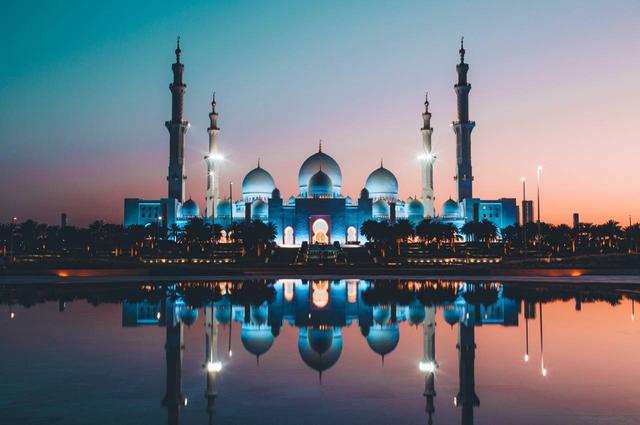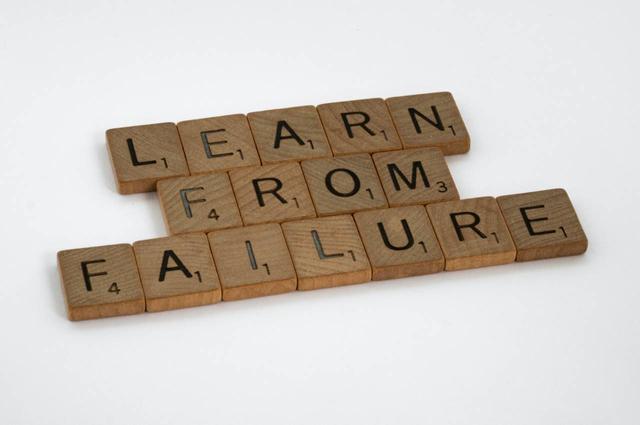
Equality is very important but ignored
Not just work but in life equality and diversity can take a backseat priority for person.

Written By
Ronny Rahman
Ronny created this blog to showcase his skills in building a blog using modern technology. On a personal level, he wanted to share his thoughts about various aspects of life and talk about his perception of it.
View BioIntroduction
I strongly believe that this world might be run by the men in public view, but the world is a better place because the ladies in our lives make our world better in every way whether it is our wife, mum, sister, or daughter.
I wholeheartedly subscribe to the belief that while men may appear to hold positions of authority and power in the public sphere, the true essence of our world's betterment lies in the remarkable contributions of the women in our lives.
Whether it be the unwavering support and love of our wives, the nurturing guidance of our mothers, the companionship and understanding of our sisters, or the boundless inspiration and hope brought forth by our daughters, the impact of these extraordinary women transcends any superficial roles society may assign.
They are the architects of compassion, the embodiment of resilience, and the pillars of strength upon which our society stands. Through their dedication, kindness, and determination, they elevate not only our individual lives but also the collective human experience. In their hands, the world is not just a better place; it is a brighter, more compassionate, and more hopeful one, filled with the warmth and love that only the ladies in our lives can provide.
Boy vs. Girl
In today's society, gender equality is a crucial topic of discussion, and it is evident that both girls and boys encounter distinct challenges on their paths to achieving it. While significant strides have been made towards gender equality, disparities still exist.
Girls often grapple with issues such as unequal access to education, limited career opportunities, and societal pressures to conform to traditional gender roles. On the other hand, boys may face expectations of stoicism, which can hinder their emotional expression and mental health.
Additionally, stereotypes surrounding masculinity can discourage boys from pursuing interests and activities that are perceived as feminine. It is essential to recognize and address these disparities to create a more equitable world where both girls and boys can thrive, free from gender-based discrimination and limitations.
Equality in a Muslim Family
Equality in a Muslim family is a complex concept that is deeply rooted in Islamic teachings and cultural practices. While the core principle of equality is emphasized in Islam, its interpretation and implementation can vary among different Muslim families and communities.
In Islam, all family members are considered equal in their worth and value as human beings in the eyes of God. This means that regardless of gender, age, or social status, every individual is entitled to respect, dignity, and care within the family unit. However, there are some traditional practices and cultural norms that can influence the perception and realization of equality within Muslim families.
One of the key areas where differences and inequality may arise is in gender roles and responsibilities. While Islam promotes the idea of gender equity and acknowledges the unique roles and responsibilities of men and women within the family, interpretations of these roles can vary. Some families may adhere to more traditional gender roles, where men are primarily responsible for providing financially, and women are expected to take on domestic duties. In contrast, others may embrace a more modern interpretation, promoting shared responsibilities and decision-making between spouses.
Another aspect that can affect equality in Muslim families is cultural diversity. Muslim families come from various cultural backgrounds, and the traditions and customs of these cultures can influence family dynamics differently. For example, in some cultures, extended families living together are common, which can impact power dynamics and decision-making processes within the family.
In summary, equality in a Muslim family is a fundamental principle in Islam, but its application can vary due to cultural and individual factors. While some families may adhere to traditional gender roles, others may embrace more progressive interpretations of Islamic teachings. Ultimately, the quest for equality in Muslim families is an ongoing process that involves a delicate balance between religious values, cultural influences, and individual choices.
Leave a comment below!

Written By
Ronny Rahman
Ronny created this blog to showcase his skills in building a blog using modern technology. On a personal level, he wanted to share his thoughts about various aspects of life and talk about his perception of it.
View Bio

1 Comment
Jacqueline Ann
If she is to be won over, she will need time, persistence, consideration, and genuine motivation if she is to realize her worth. She is not going to ask for you. She has an inner spark and unusual attractiveness.
November 8, 2023